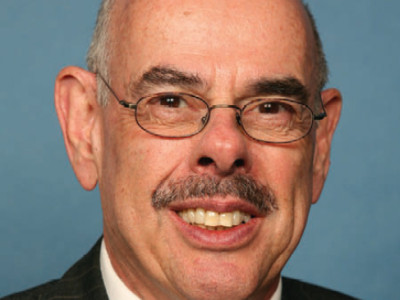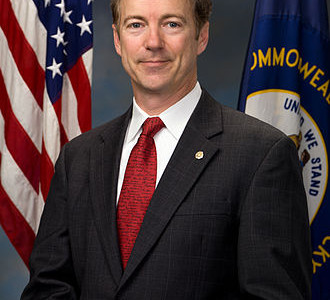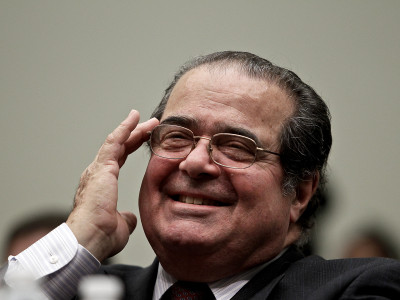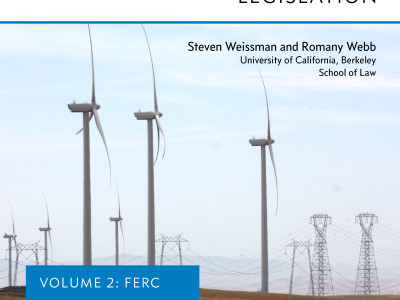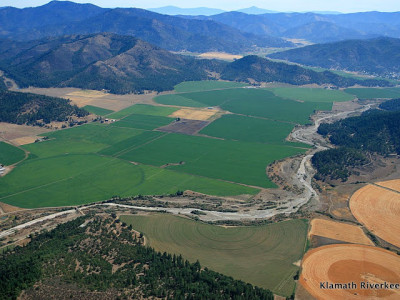Month: July 2014
Climate Change Adaptation Strategy: Can California Do More?
Is Increased Reliance on the Public Trust Doctrine an Essential Part of Effective State Adaptation Policy?
I often tell students in my Climate Change Law and Policy course that adaptation–that is, how we can best adapt to the unavoidable impacts of climate change–is the poor stepchild of the debate over greenhouse gas emissions and climate change. By that I mean that climate change mitigation (i.e., how to reduce greenhouse gas emissions) generates far more …
Continue reading “Climate Change Adaptation Strategy: Can California Do More?”
CONTINUE READINGIs California Finally Ready to Get Serious About Groundwater Reform?
Prospects Good for Passage of Landmark Groundwater Legislation
California, which prides itself as being a national and international leader in so many areas of environmental policy, lags woefully behind other jurisdictions when it comes to at least one subject area: groundwater regulation. Alone among the Western states in the U.S., California lacks any statewide system of groundwater regulation and planning. (Until a few …
Continue reading “Is California Finally Ready to Get Serious About Groundwater Reform?”
CONTINUE READINGA Response to John Nagle: The Clean Air Act as a Whole Supports Climate Regulation
Debating the Relationship between the Healthcare Fight and Climate Regulation
Last week, conflicting federal court decisions regarding the Patient Protection and Affordable Care Act, commonly known as the ACA or “Obamacare,” set the nation abuzz. In Halbig v. Burwell, the D.C. Circuit Court of Appeals struck down an Internal Revenue Service (IRS) regulation providing federal subsidies to low-income taxpayers who purchase health insurance through a …
CONTINUE READINGCongressman Waxman Tells FERC: Read UC Berkeley’s Climate Change Study
Henry Waxman urges FERC to act on greenhouse gas emissions.
In a Congressional hearing this morning, Congressman Henry Waxman had a rare chance to face all five sitting members of the Federal Energy Regulatory Commission (FERC) at the same time to talk about climate change. He took the opportunity to point out UC Berkeley’s recent report on FERC’s authority under existing law to reduce greenhouse …
Continue reading “Congressman Waxman Tells FERC: Read UC Berkeley’s Climate Change Study”
CONTINUE READINGRand Paul and the Environment (Take 2)
Guess what: he’s no friend of the environment.
Yesterday I posted a confused discussion of Paul’s environmental views. (Probably due to brain lock from spending too many hours puzzling over the numerical examples in EME Homer!) I wanted to replace it with a clearer description of his views, so I pulled it from the website. Let’s try this again. This first thing to know about Senator Paul is …
Continue reading “Rand Paul and the Environment (Take 2)”
CONTINUE READINGGeneral Permits and the Regulation of Greenhouse Gases
The Supreme Court ignored a major option for effective regulation
Author’s Note: The following post is co-authored by Eric Biber and J.B. Ruhl, the David Daniels Allen Distinguished Chair of Law and the Co-Director of the Energy, Environment, and Land Use Program at Vanderbilt Law School. It is also cross-posted at Reg Blog. Reg Blog, supported by the U Penn Program on Regulation is an …
Continue reading “General Permits and the Regulation of Greenhouse Gases”
CONTINUE READINGDoes Scalia’s Opinion in Utility Air Regulatory Group v. EPA Help Protect the ACA?
The UARG majority opinion says the context and overall structure of a statute help determine the meaning of statutory terms
The tax subsidies provided under the Affordable Care Act to pay for health insurance are, of course, the subject of significant press coverage since dueling federal appeals courts came to different conclusions about who receives them this week. The D.C. Circuit Court of Appeals held, in a 2-1 decision called Harbig v. Burwell, that an …
CONTINUE READINGThe Federal Energy Regulatory Commission Can Do a Lot to Reduce Greenhouse Gas
A new report shows that FERC has extensive power to address climate change.
The U.S. Environmental Protection Agency (EPA) has captured the attention of the energy world with its proposed regulations to reduce greenhouse gas emissions from existing power plants – and for good reason. The EPA’s authority is broad and its resolve to address climate change is evident. But other federal agencies are in a position to …
Continue reading “The Federal Energy Regulatory Commission Can Do a Lot to Reduce Greenhouse Gas”
CONTINUE READINGGroundwater and the public trust doctrine, California style
California trial court rules that public trust doctrine applies to pumping that reduces flow in a navigable waterway
If you follow California water law or environmental law, you probably have been aware that the Environmental Law Foundation has been pursuing a public trust claim based on groundwater pumping that affects the Scott River. Last week they gained a victory at the trial court level, with a ruling that endorses the principle that groundwater …
Continue reading “Groundwater and the public trust doctrine, California style”
CONTINUE READINGHow the Public Views Climate Action
The public continues to support a federal action to address climate change.
A poll released last month probed American attitudes toward climate change. The poll was released after the Obama Administration issued its proposed rules for existing power plants to loud cries of protest from industry. The poll was conducted by Stanford University and Resources for the Future, a highly regarded think tank. At the time, the …
Continue reading “How the Public Views Climate Action”
CONTINUE READING




